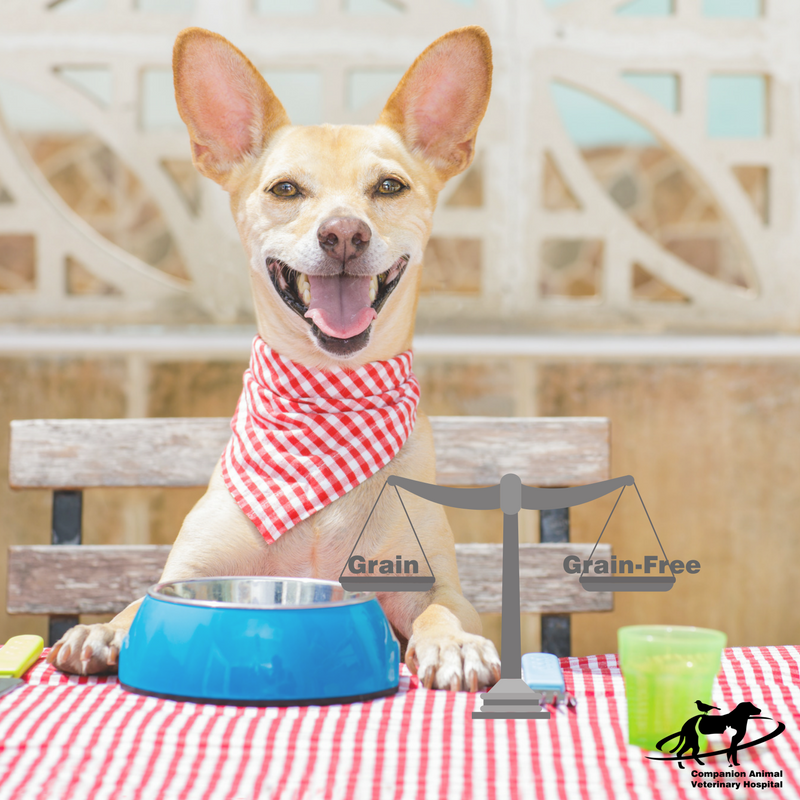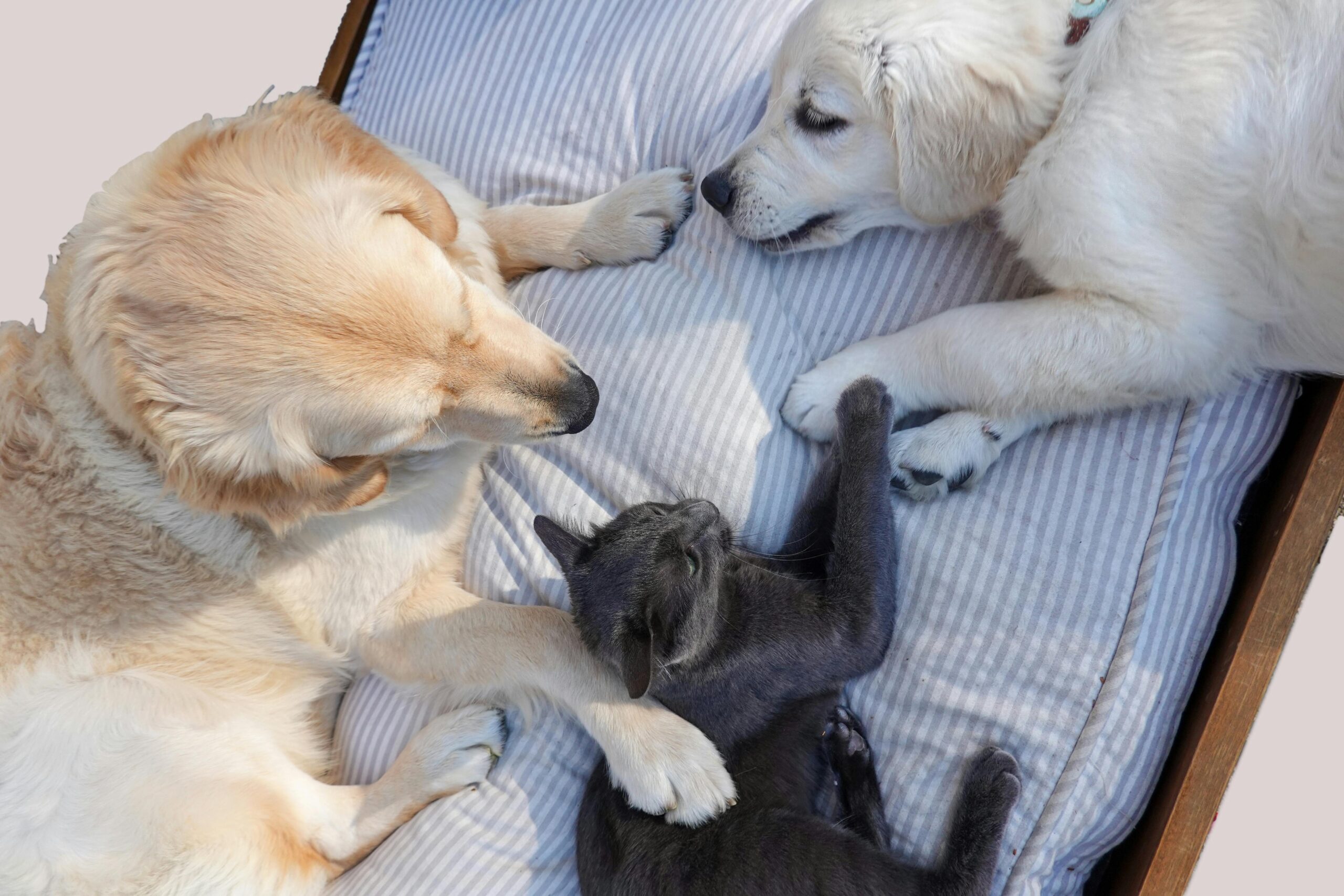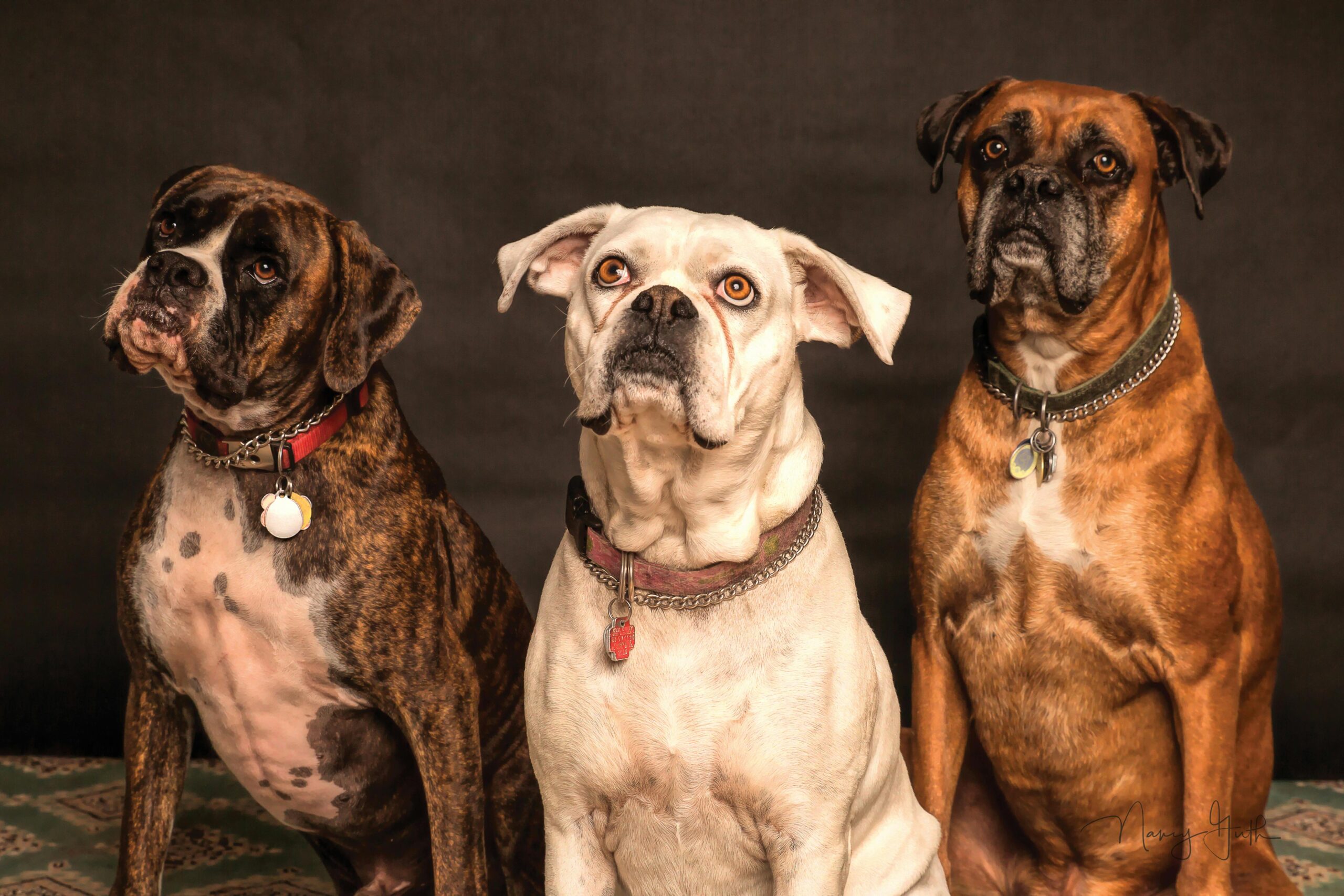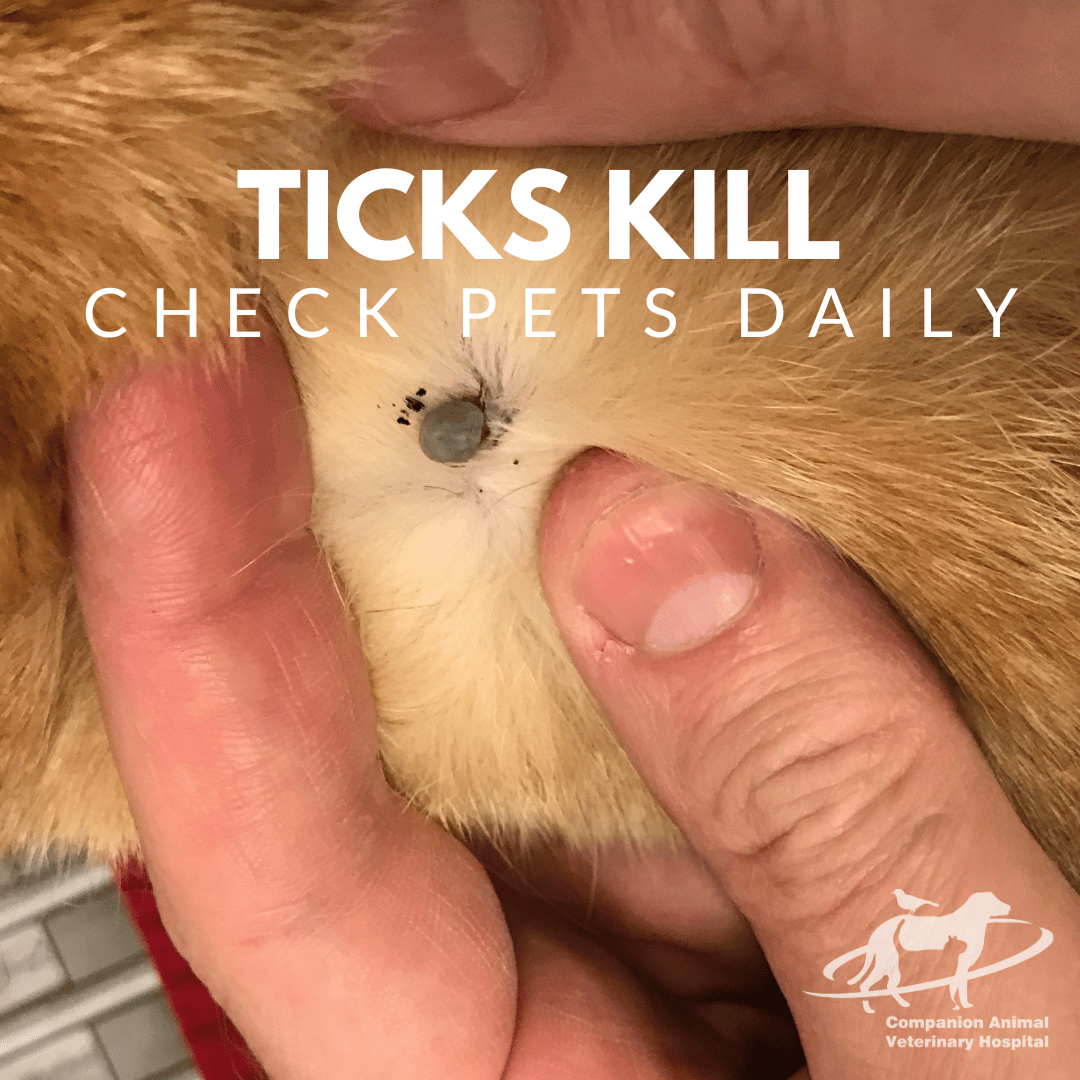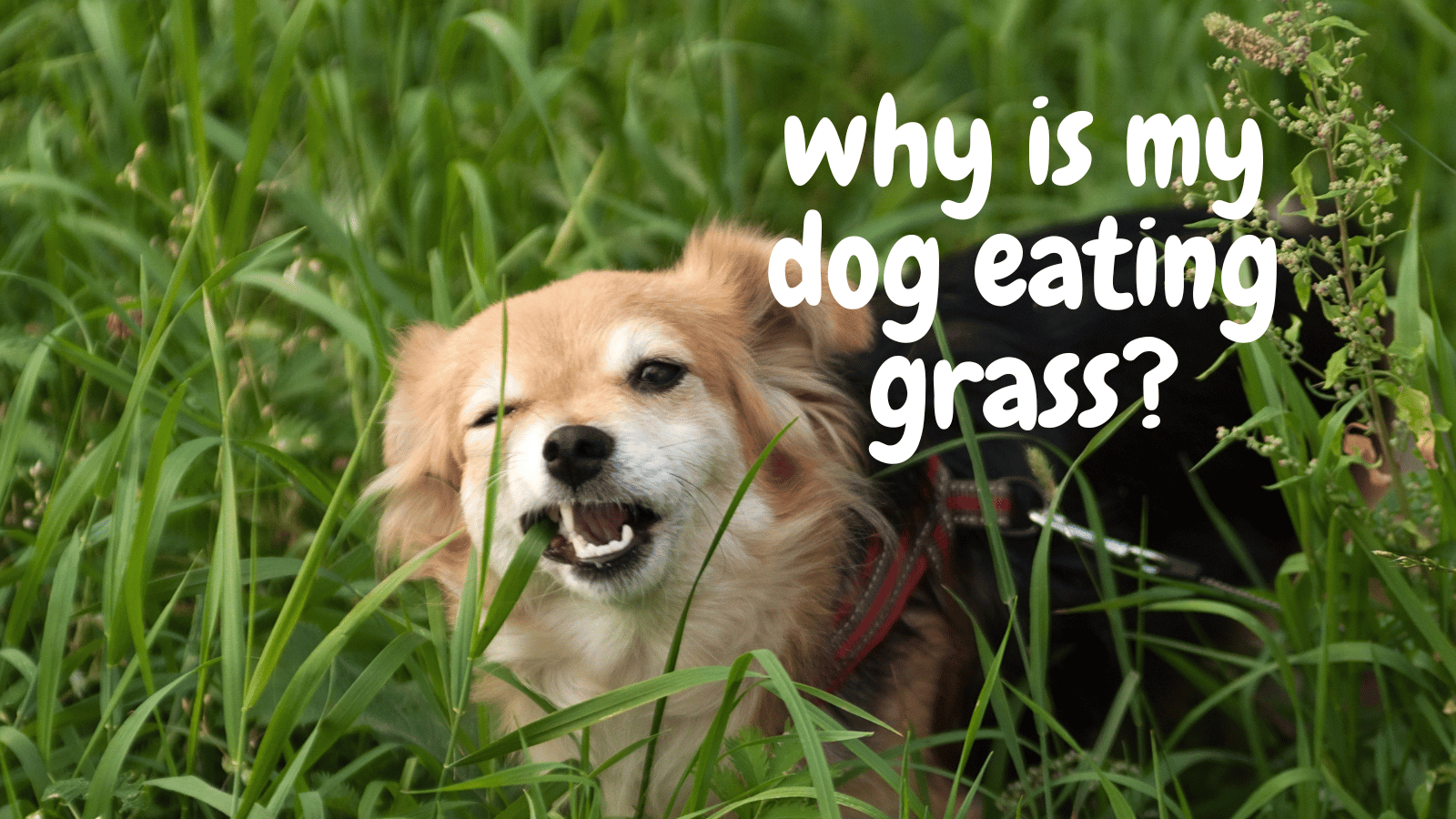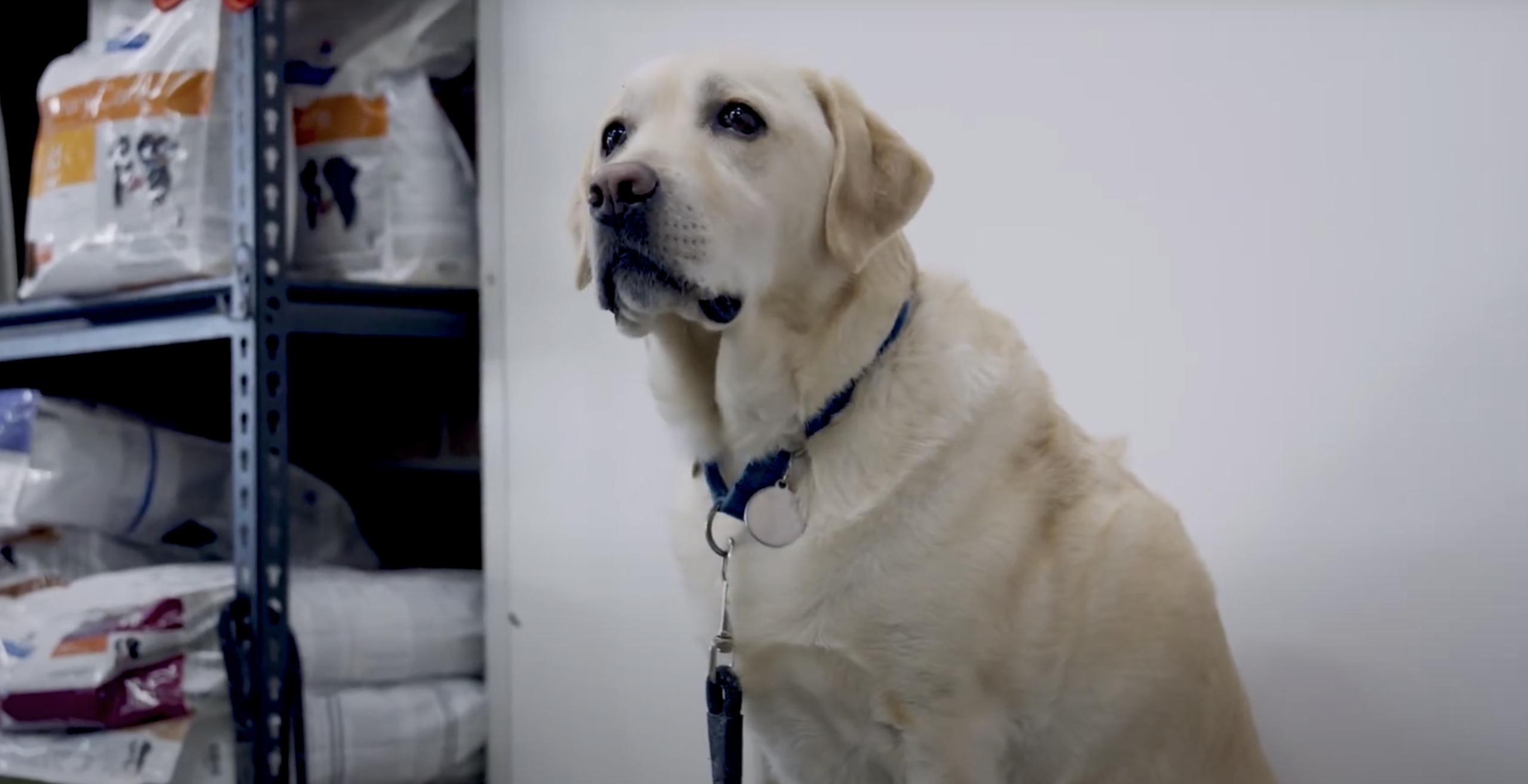As mentioned previously, pet food is an increased area of interest for both pet owners and veterinarians. This is due to a number of factors both in veterinary advances in understanding dietary requirements and consumer driven interest. While generally this has been positive, with pets living longer and with better quality of life than in years past, sometimes the qualities of a pet food are being judged by extrapolations from human diets or by marketing agencies, rather than by scientific evaluation.
sometimes the qualities of a pet food are being judged by extrapolations from human diets or by marketing agencies, rather than by scientific evaluation.
One area that this popped up recently is to do with grain-free diets. I am no doctor so the benefits or otherwise to humans of this (or any) diet are outside my area of expertise. I am, however a vet and feel that in the grain-free pet food debate, anthropomorphism, misconceptions and marketing are blurring the understanding of a good quality pet diet.
Common Misconceptions
- Grains are Fillers– Grains can help supply vitamins, minerals, fibre, essential fatty acids and protein to the diet. Properly processed grains have a digestibility of over 90% in both dogs and cats.
- Grain Free = Carbohydrate Free – Grain free diets obtain their carbohydrates for energy from sources such as sweet potato, potato, beans, peas or lentils instead of grains.
- Grains cause Allergies – Food allergies are uncommon in pets (less than 10% of all allergies) and the vast majority are allergic to the protein (ie. meat) part of the diet.
- Gluten Intolerance – Unless you are a very inbred Irish Setter it’s virtually non-existent.
Good quality diets are made of ingredients that provide nutrients in the right amount, balance and accessibility for the stage of your pets life. While GOOD QUALITY grain-free diets can provide this, there is no evidence that they provide any benefit over equivalent diets containing grain.
